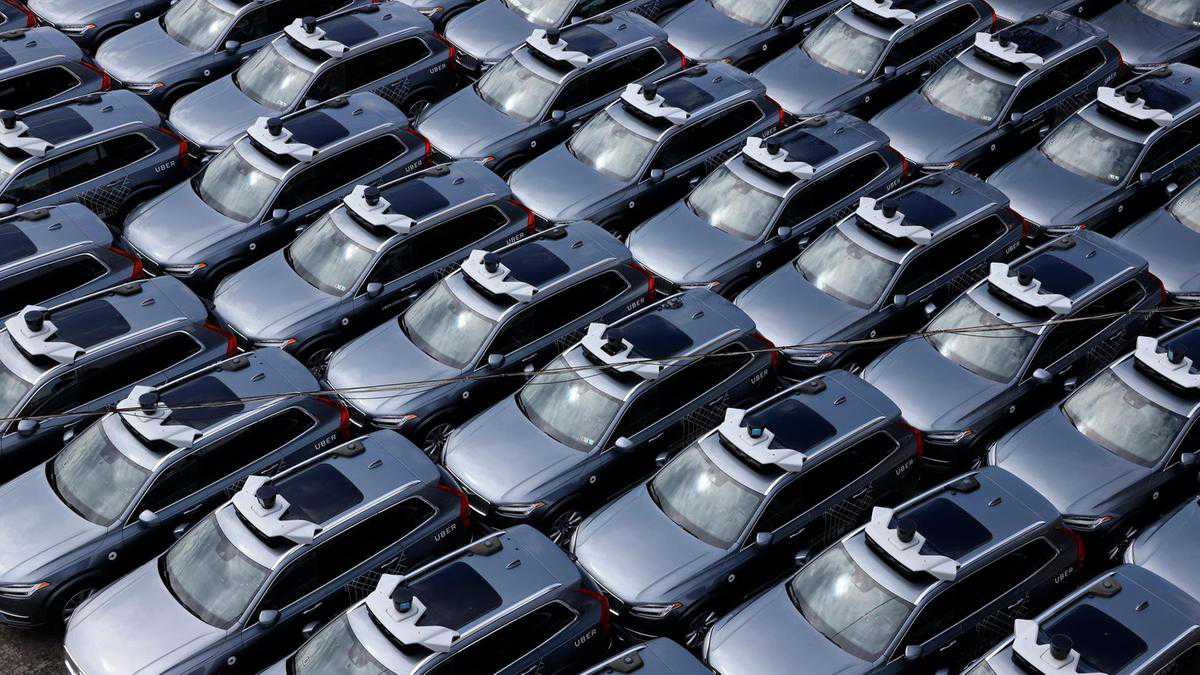Aviation presents governments lessons to accelerate push for autonomous vehicles post-Covid-19
24 December, 2020

Governments should turn to the civil aviation industry for critical lessons on the mass adoption of autonomous vehicle (AV) technology to overcome barriers caused by legal and regulatory uncertainties, according to a fresh report.
Infrastructure, regulations and public-private partnerships are the three essential areas where AV stakeholders can study from civil aviation, global consultancy Strategy& said found in its report, Enabling the Mass Adoption of Autonomous Driving a vehicle Lessons from the Aviation Industry.
"The airline industry presents critical lessons for how AV technology may develop, and how government policymakers and different stakeholders over the AV ecosystem should properly prepare for the gradual introduction of the technology," Camil Tahan, Nabil Katicha and Gerasimos Skaltsas, the report's co-authors, said.
The global marketplace for autonomous car technology keeps growing rapidly and expected to expand to $557 billion by 2026, up from around $54bn in 2019, according to Allied Market Research.
Practically 100 cities worldwide involve some type of pilot programme under way, but most of them have centered on the scope of testing that companies can conduct about public roads. China, Germany, Japan, holland, Singapore, Sweden, the UK and the US contain all led regulatory attempts to market the safe screening of self-driving cars.
The growing automation in the aviation sector provides useful pointers for the automotive industry since it seeks to overcome barriers to mass adoption, the Strategy& report said.
The commercial aviation industry has incorporated significant autonomy in its systems for a number of years through technological standards that are set on a global basis, it added.
"The underlying rationale for automation is the same for both industries: safety is paramount, with efficiency, reliability, congestion management, and different factors secondary though crucial," the authors stated. "What works for aviation can work for automotives."
Drawing on lessons out of aviation in the key place of infrastructure, the article demonstrates the AV industry need to introduce communication protocols between autonomous vehicles to improve safety standards.
Real-period tracking of the vehicles’ highway worthiness by manufacturers and authorities, together with the capability to intervene, will be necessary.
The industry must standardise tangible assets like lanes and road sensors and communication protocols between vehicles for the mass adoption of the technology, while regulation of the AV industry will demand agreement and convergence of standards across geographic marketplaces, the report said.
"Consumers will adopt AV technology only if it is safe and seamless across borders and jurisdictions," it added. "Governments should coalesce around clear standards in areas such as for example vehicle examining, insurance liability and cybersecurity."
The implementation of AV technology for public-private partnerships will require an ecosystem of existing and new public and private stakeholders, including manufacturers, traffic authorities, telecommunication and data providers, fleet managers, vehicle inspection centres, insurers, emergency services and cybersecurity firms, the report said.
Meanwhile, home based business models might emerge and recent stakeholders will need to adjust to remain relevant, the report said, pointing to the exemplory case of a car subscription version versus car ownership.
"The technology to deliver roads filled up with AVs has practically arrived," the article authors explained. "Visionary governments should facilitate their introduction by learning from aviation and crafting regulations which will deliver the advantages of safer and better transport," they added.
"Moreover, private stakeholders should rethink their organization models to become extra relevant and monetise their selling in an exceedingly different automotive future."
Source: www.thenationalnews.com
TAG(s):
